STEWART AND THELWELL CONFRONTED AS FURIOUS RANGERS FANS HELD BACK BY SECURITY DURING THE AIRPORT ALTERCATION
Rangers’ off-field turmoil spilled into public view again this week when chief executive Patrick Stewart and sporting director Kevin Thelwell were confronted by angry supporters — first at the team hotel in Austria and later at an airport — with security forced to intervene to prevent the situation from escalating. What began as shouts and heated questions has become the latest symptom of mounting unrest around the Ibrox club: poor results, a fractious fanbase and growing scrutiny of the club’s hierarchy and recruitment choices. Below is a detailed, sourced account of what happened, why it happened and what the incident might mean for Rangers going forward.
What happened — the incidents in Austria and at the airport
Footage and multiple news reports show that, following a Europa League defeat, a group of supporters accosted Thelwell and Stewart in the lobby of the team hotel in Graz. Videos in circulation captured fans confronting the executives with profanity and accusations — one fan was recorded saying “That’s f****** garbage … I’ve spent thousands of pounds every week.” Thelwell is seen stopping to speak with the supporter while another fan berated Stewart about the club’s managerial appointments and recruitment. Security staff intervened to calm the scene and to shepherd the officials away.
A few days later, further footage and reports emerged of a similar confrontation in a departure lounge at Bergen Airport after a separate match. Supporters again directed foul-mouthed rants at Stewart and Thelwell while security held them back to avoid physical escalation. News outlets covering the story described the airport scene as an extension of the hotel incident and part of a pattern of vocal fan dissatisfaction that has followed the club on the road.
The words exchanged — what fans said and how the club reacted
Video and witness accounts capture a mixture of anger and pleading from travelling supporters. Among the most reproduced lines in the hotel footage was: “Get a manager who can actually coach boys … it’s your job to find a good manager, this is rotten. It’s rotten to the core.” Another supporter appealed directly about their personal investment: “I’ve spent thousands of pounds every f****** week.” Thelwell engaged briefly with fans in an attempt to calm them, and Stewart was heard answering questions, at one stage asking a supporter who they would bring in — a response that only inflamed the crowd further. Security personnel ultimately separated the parties and escorted the executives out.
Following the incidents, the club’s public messaging has tried to strike a careful tone. Manager Russell Martin acknowledged fan frustration but urged supporters to avoid personal attacks, saying emotions were high and that criticism should not become personal. Meanwhile, the club’s board publicly backed Thelwell and Stewart — chairman Andrew Cavenagh insisted the pair would stay in their roles and defended the complexity of recruitment and decision-making at elite clubs.
Why fans exploded — context and the immediate triggers
The confrontations did not happen in a vacuum. Several factors converged to create the volatile mood among Rangers supporters:
- Poor results and European failure: The club’s recent run of results — including defeats in the Europa League and an underwhelming start to the domestic campaign — has led to acute frustration. Fans see European competitions as a baseline test; early exits or poor performances in group stages amplify disappointment. News reports tied the hotel confrontation directly to a Europa League loss that left supporters furious.
- Managerial instability and recruitment questions: Supporters have repeatedly pointed the finger at the executive leadership for what they perceive as poor appointments and recruitment policy. Critics say that the process for hiring managers has been mishandled and that signings have not delivered expected quality — criticisms that are now directed at Stewart and Thelwell, who are responsible for corporate strategy and sporting recruitment respectively.
- High emotional and financial investment: Many fans travel long distances, buy tickets and subscribe to streams; when results and perceived competence fall short, that sense of personal loss fuels intense reactions. The explicit line about spending “thousands of pounds” underlines that many supporters feel financially and emotionally invested and believe they are owed better stewardship.
- A climate of heightened scrutiny: The Old Firm environment (and elite football more broadly) amplifies pressure: every mistake is magnified, and the waiting time for patience is short. When poor results compound on recruitment or leadership missteps, protesters move quickly from chants to direct action. Media and social platforms accelerate sentiment and make these confrontations highly visible worldwide.
Risks and consequences for the club
Public confrontations between fans and senior executives carry multiple short- and long-term risks for Rangers:
- Reputational damage: Images of directors being accosted in hotels or airports harm the club’s standing with sponsors, neutral observers and potential recruits. It suggests a loss of control and a fractious relationship between fans and leadership.
- Security and safety issues: Physical safety becomes a concern when crowds approach executives in confined spaces like hotel lobbies and airports. While security intervened in these episodes, repeated incidents increase the risk of escalation and legal liability.
- Internal morale and distraction: Players and coaching staff can be affected by off-field turbulence. Manager Russell Martin has publicly asked that criticism not become personal, noting that the players and staff are already under severe scrutiny. Ongoing public attacks on the hierarchy can distract from on-pitch preparation.
- Pressure for governance change: Sustained fan fury can translate into formal calls for change — from boardroom restructuring to demands for executive resignations. The board’s public defence of Stewart and Thelwell may calm some voices in the short term but could inflame others if results do not improve.
How the club might (and should) respond
There are several practical steps Rangers could take to manage the fallout and rebuild trust:
- Clear, transparent communication: The board should set out a concise plan explaining recruitment decisions, timeframes for improvement and measurable targets. Openness about what went wrong — and concrete steps for correction — can blunt conspiracy or misinformation that fans feed on.
- Engage supporter groups constructively: Formal dialogue with fan representatives can provide a pressure valve and a channel for airing grievances away from the public sphere. Fan forums, Q&A sessions and structured meetings show willingness to listen and can reduce the impulse for confrontational direct action.
- Protect safety while addressing grievances: Security must ensure the safety of officials and fans alike, but that protection should be paired with attempts at de-escalation and reconciliation rather than merely retreat.
- Deliver results on the pitch: Ultimately, football is meritocratic in its own way — wins and improved performances remain the most effective remedy for fan rage. Strategic investment in the January window, clearer recruitment aligned to the manager’s plan and short-term performance improvements will be critical.
What to watch next
- Will Rangers’ board follow chairman Andrew Cavenagh’s public backing of Stewart and Thelwell with clearer governance or timeline commitments?
- Will the club open structured dialogue with fan groups to prevent further off-field confrontations?
- Can the team produce immediate results to cool tempers — in domestic fixtures or upcoming European matches?
- If the confrontations continue, might authorities or the league step in to mediate or sanction? Repeat public safety incidents can attract external intervention.
Conclusion
The hotel and airport confrontations are highly visible symptoms of a deeper, volatile mix: disappointing results on the pitch, frustration with recruitment and managerial decisions, and a fanbase that feels betrayed after heavy emotional and financial investment. While Stewart and Thelwell were physically removed from both incidents by security, the reputational and organisational scars remain. How the board chooses to respond — with transparency, engagement and a clear plan to improve the on-field product — will determine whether this is a brief flare-up or the start of a prolonged crisis at Ibrox. For now, the message from travelling supporters is loud: they want accountability, and they are prepared to make their dissatisfaction known in person.
Sources: reporting from STV News, The Scottish Sun, Yahoo Sports and The Times among others, which documented the hotel and airport confrontations and the club and managerial reactions.
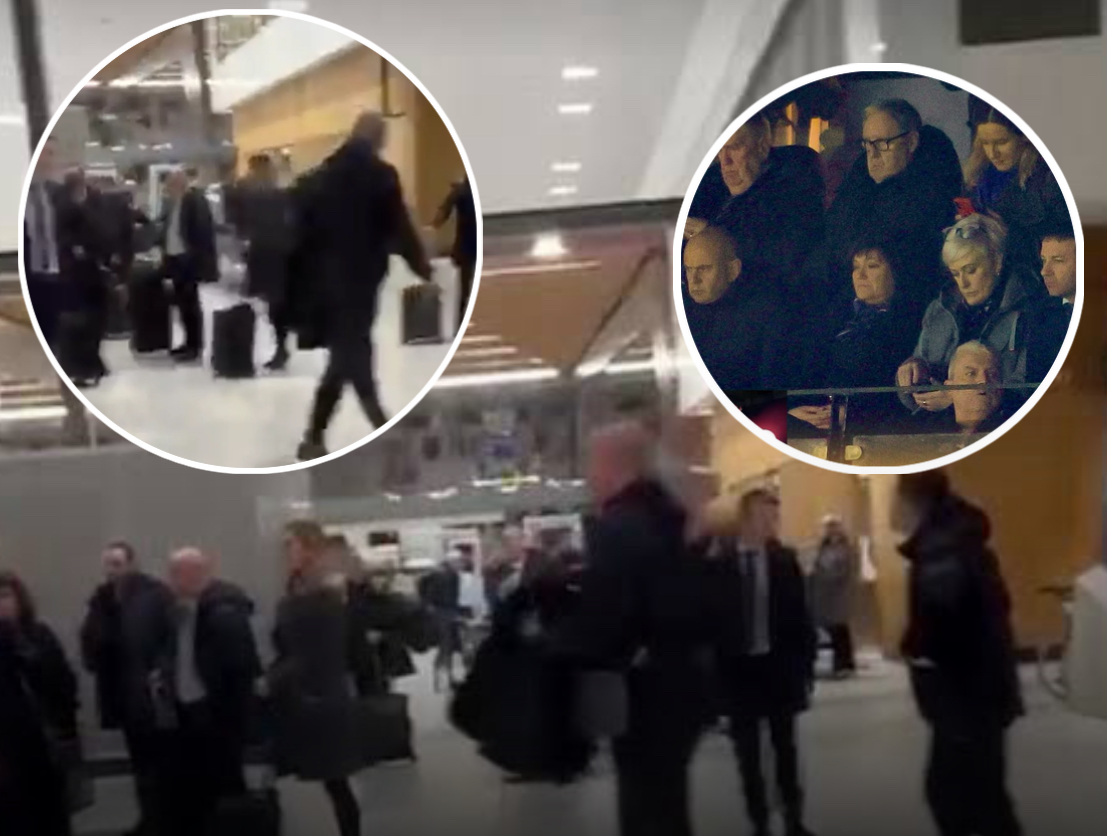
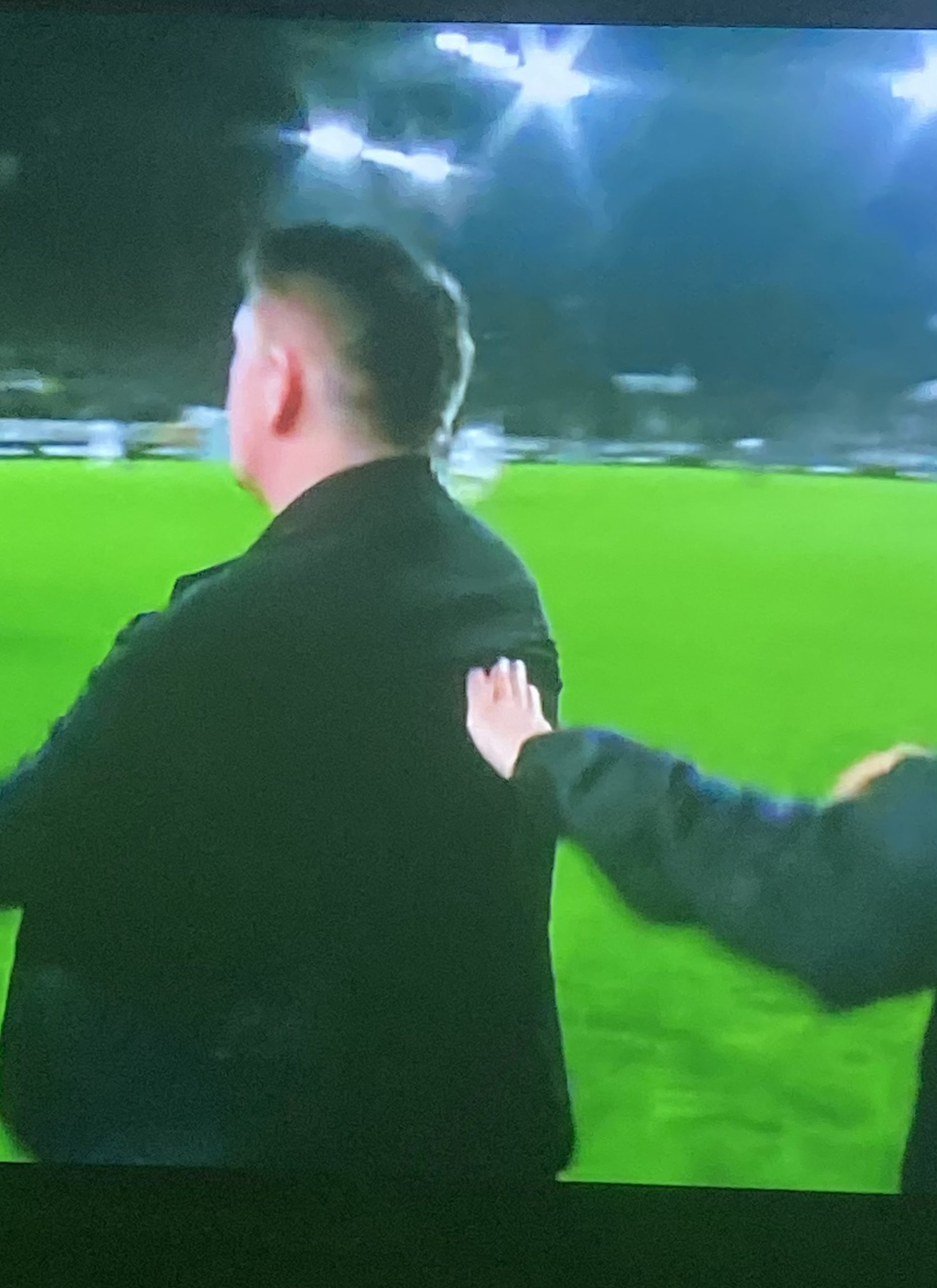
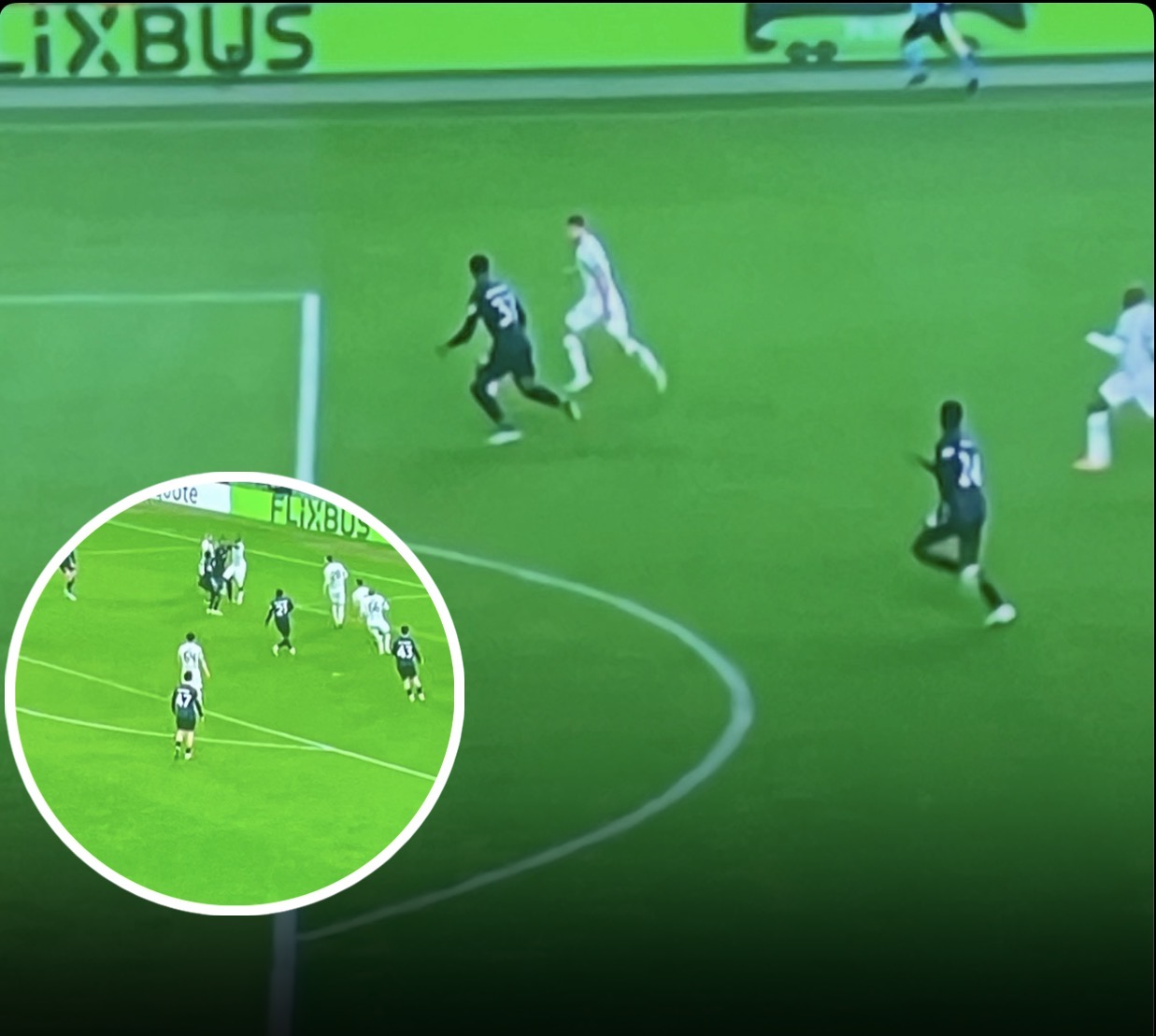
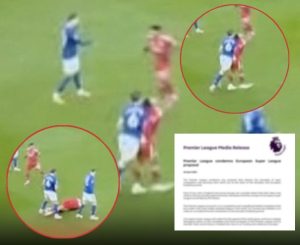

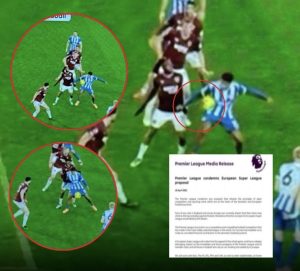

Post Comment